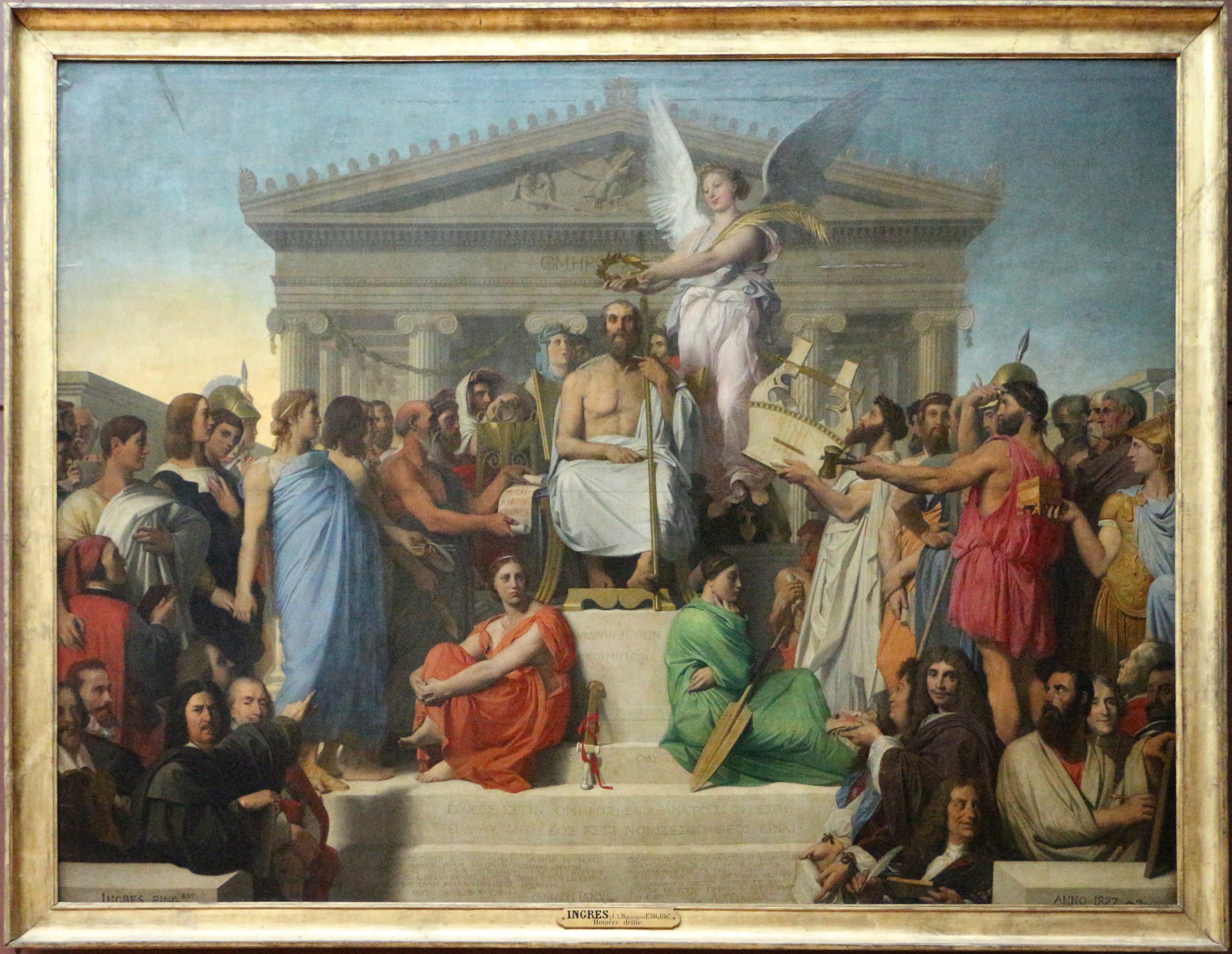Of all the things the ancient Greeks have gifted the world, there is perhaps one that will always remain the most influential…
I’m talking about vowels.
Obviously, the Greeks didn’t “invent” vowels, but they completely changed the course of history when they decided to add them to the alphabet.
The Greek alphabet was the first “proper” alphabet; it was based on and influenced by the Phoenician one, but was more refined and (most importantly) incorporated vowels for the first time.
Before its invention, texts were written only with consonants, and the reader had to deduce what the written word referred to.
Ths ws prtt dffclt, but so was the contemporary alternative of using thousands upon thousands of pictograms to convey some sort of meaning.
The Greeks had already developed writing systems prior to the Bronze Age collapse (c. 800 B.C.) known as Linear A and Linear B, but these were used for accounting (e.g., keeping track of resources like vases and ores in certain palaces, and other such boring things).
After the Bronze Age collapse, however, most traces of civilization were destroyed, and there was no need to keep track of such riches again.
As Greek civilization blossomed once more, they came into contact with other neighboring peoples, such as the Phoenicians, with whom they traded amply.
As they became aware of the Phoenician writing system, they decided to do something fundamentally Greek: they borrowed it and made it better.
Nietzsche wrote about their tendency to do so:
"The very reason [the Greeks] got so far is that they knew how to pick up the spear and throw it onward from the point where others had left it. Their skill in the art of fruitful learning was admirable. We ought to learn from our neighbors precisely as the Greeks learned from theirs: Not for the sake of learned pedantry, but rather using everything we learn as a foothold which will take us up as high, and higher, than our neighbor." - F. Nietzsche (Philosophy in the Tragic Age of the Greeks)
The change Greeks applied to Phoenician was subtle, but revolutionary.
Essentially, they took certain words within the Phoenician language, dropped their literal meaning and used them to describe letters (sounds), including consonants and vowels.
For instance, they took the semitic word aleph, used to describe “ox” or “cattle” and dropped its meaning completely, using it to describe the sound “a” instead: turning aleph into alpha.
The word bet, used by the Phoenicians to mean “house”, was now used to describe the sound “b”, and thus became beta.
And so on, and so forth.
With this simple change—and for the very first time in history—a single sound became identified with a single symbol.
With only a couple dozen letters, the Greeks could now write anything and everything they wanted, simply and reliably, again and again.
And just like that, the floodgates of literature were opened.
You may now ask yourself… what did the Greeks, having invented the first simple, modular, and comprehensive writing system in history, decide to write down first?
What is the first thing they decided to record?
What did their newfound superpower give birth to?
The answer is quite simple:
Homer.
That’s right:
The very first thing the Greeks rushed to write down were the Iliad and the Odyssey, arguably two of the greatest literary works in history, and to this day the oldest substantial works of Western literature.
If this doesn’t speak to the importance of both poems in Greek culture… nothing else will.
These two epics, passed down orally generation after generation, were now immune to the erasing waves of history.
Their wisdom remained carved in stone, and there hasn’t been a single major cultural current in the West that doesn’t owe something to their verses.
From Plato to Deleuze, and Aristophanes to Shakespeare, the influence Homer has had on the Western conscience is ineffable…
Though perhaps a painting can help us capture it.
French neoclassical artist Ingres paid homage to Homer by literally deifying him on canvas, and surrounding him by some of the greatest characters in history1, all looking up to what may very well be the greatest poet of all time.
So, what are you waiting for?
Go read Homer!
Upwards,
Yago
Present in this painting, standing in admiration towards Homer, are none other than Dante, Virgil, Alexander the Great, Socrates, Plato, Aristotle, Shakespeare, Mozart, Molière, Michelangelo and more. You can also see a personification of the Iliad (underneath Homer, in orange, with a sword that symbolizes war) and the Odyssey (right next to the Iliad, with a paddle, symbolizing Odysseus’ journey). The angelic winged figure coronating Homer is thought to be Victory or the Universe.



Homer wrote Odysseus much earlier than 800 BC -- way before Sea Pirate invasion in 1200 BC